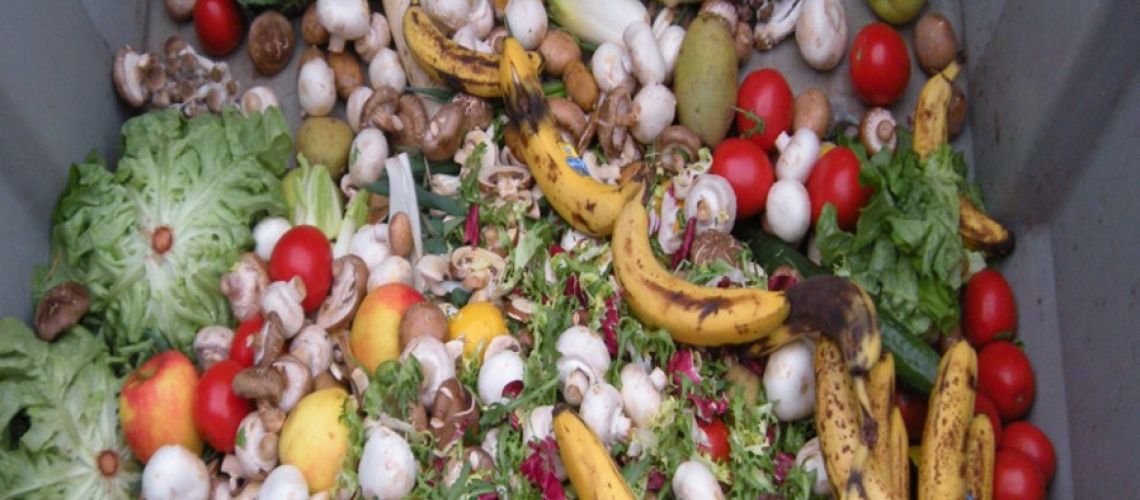Food Waste Prevention Week.
12 Mar 2023
How do we deal with your food waste?
Hello and welcome to the Enva Universities blog. Our topic this time on the blog relates to food waste prevention week which took place March 6th – 12th 2023. Specifically, this blog relates to how your university makes efforts to dispose of its food waste in the most sustainable way possible.
As with all waste sustainability, it is first best to look at the waste hierarchy. While we can dispose of food waste in a more sustainable manor than normal non segregated food waste collections at university, the most sustainable option is always to not produce that waste to begin with. This can be done with proper meal planning and improved food storage techniques. Organisations such as the Waste, Resource and Planning group known as WRAP have some great information on how to reduce your food waste, Here.
Have you ever wondered where your food waste goes at university? Well, as part of food waste prevention week we thought it might be useful to understand the process that is in place to best dispose of the food waste we create. Your food waste is collected by the Enva, a local sustainable waste management company who also collect the General Waste and the Recycling from the university.
Enva then transport all the universities’ food waste to a nearby Anaerobic digestion plant in Colwick, Nottingham. Due to the nature of food waste and the impact it can have on other materials such as recyclables like paper, it is collected separately on a modified truck capable of holding more liquid waste.
When The food waste reaches the AD plant it first goes through a packaging removal process. This is the case for instances where a large amount of food might have to be disposed quickly by catering departments. We should still make every effort to dispose of our food waste packaging in either the recycling bin or the general waste depending on the material. This ensures the most sustainable outcome for those materials.
The shredded food waste will then go into the digester, from here it will be heated without the presence of oxygen. The methane gas that would usually ascend into the atmosphere from the decomposition of food is instead captured by the digester and then be converted into Biomethane. This is used as a resource, potentially going on to become electricity or heating for local businesses. The remains of the rotting foods are then pasteurised- so that it can be made into soil amendments and fertilizer.

